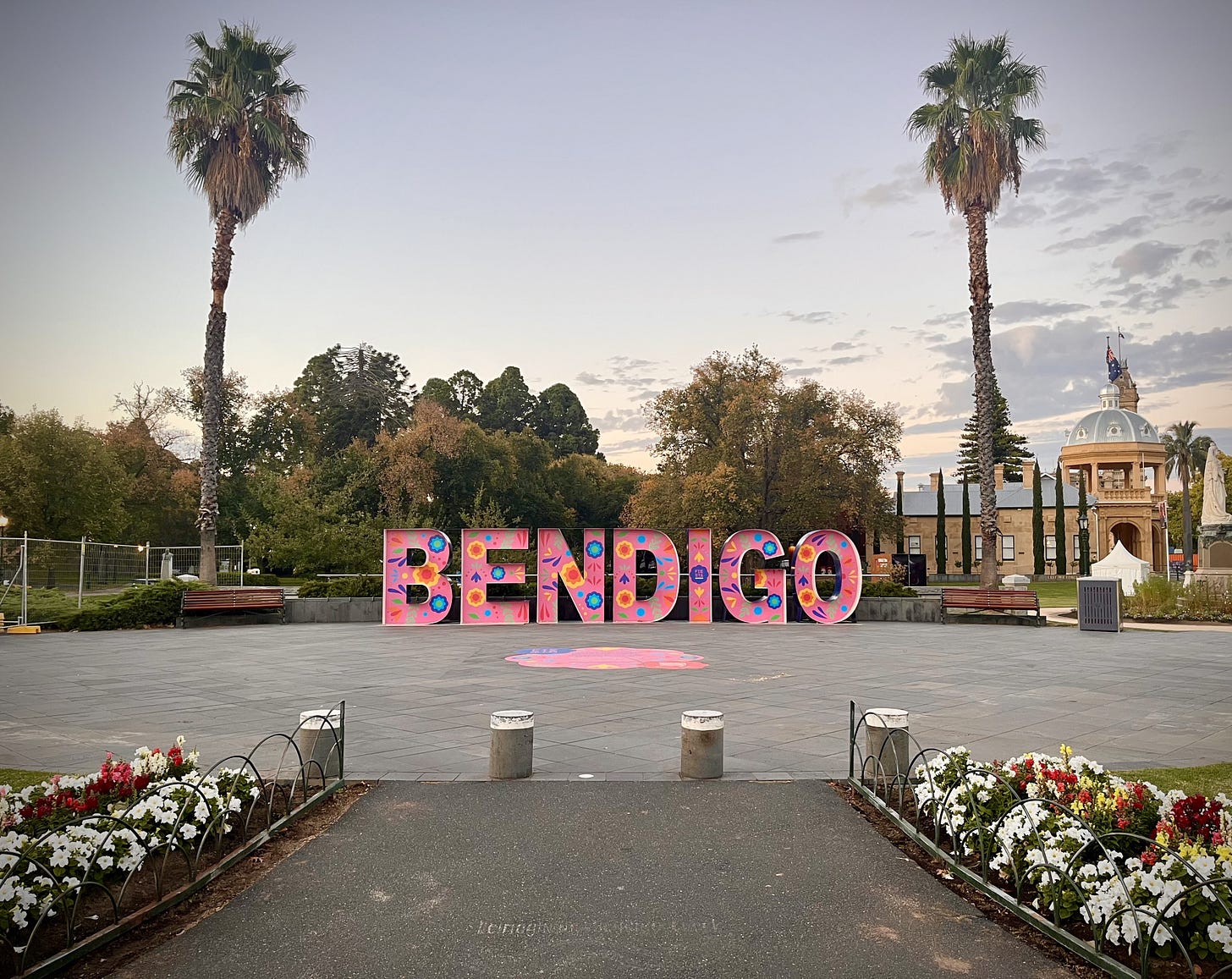Not Here. Not Now.
A writers festival, a silencing, and what it means to speak plainly in the current climate.
I was looking forward to the Bendigo Writers Festival. It was a chance to meet people I’ve long admired, in the flesh, away from the screen. But days before the event, a code of conduct arrived quietly, and without explanation. It felt less like an invitation to speak, and more like a warning not to say the wrong thing.
For many of us, especially those w…



